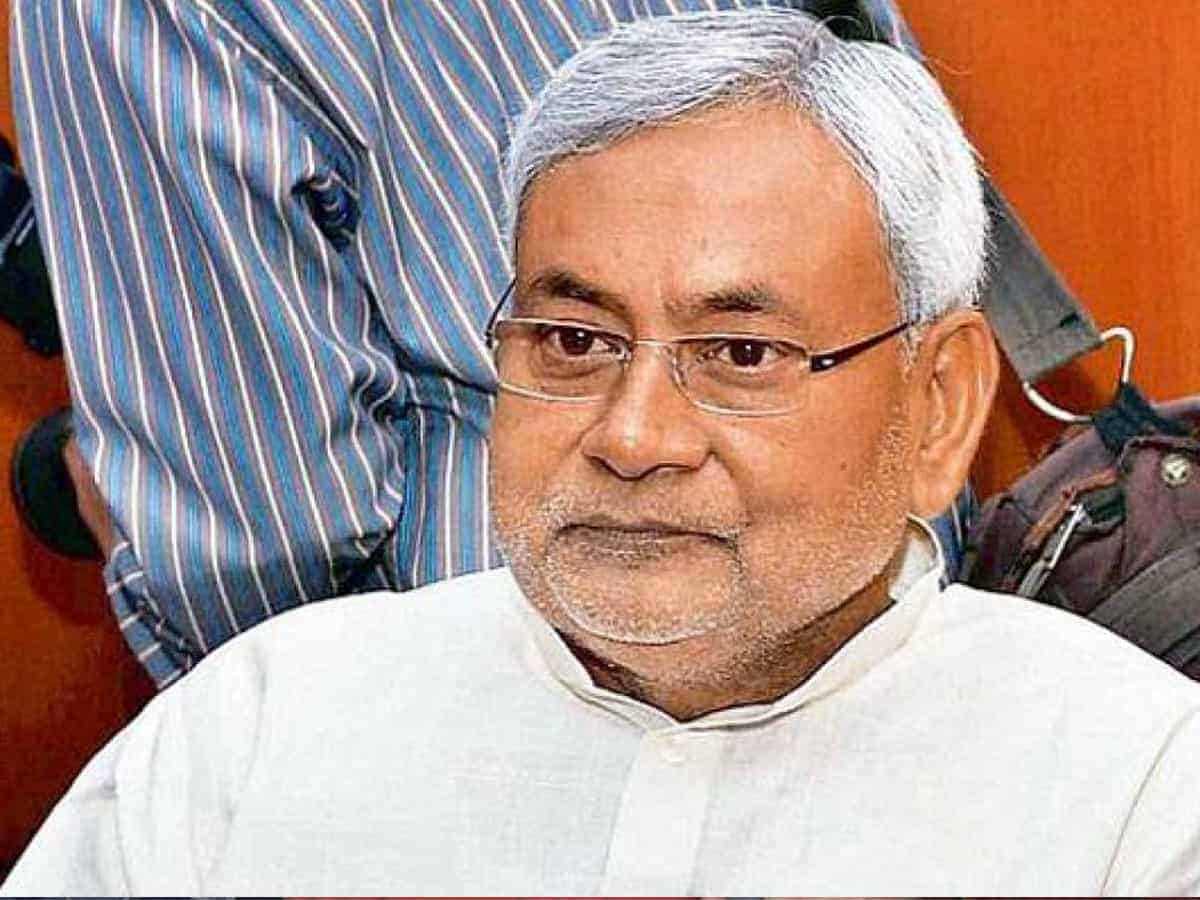The poll-bound eastern state of Bihar may in all likelihood witness a high-voltage political drama similar to the one Maharashtra has experienced a year ago.
Stung and stunted by the BJP’s aggressive and expansionist politics, Shiv Sena, its oldest Hindutva ally broke ties with the saffron party and joined hands with the NCP-Congress coalition to have someone as the Chief Minister from the Thackeray clan the post 2019 state elections. The Thackeray’s party, founded on the Maratha self-pride, ceded its ground to the BJP after having been metamorphosed into a pro-Hindutva offspring. The Shiv Sena, once a big brother in the alliance with the BJP, reduced itself to a junior partner over a period of time
A similar picture seemingly emerges in the ruling NDA in Bihar in the run up to the Assembly elections. It appears certain that Nitish Kumar’s JD (U) may have to play second fiddle to BJP as the case was with Shiv Sena. The state elections in Bihar are scheduled in three phases from October 28.
The die is cast
Turn coat politics
The Paswan family is known as the face of Dalits in a state where caste identities alone take precedence over everything and anything. If the image of Paswan Senior—Ram Vilas Paswan, who recently died as a Union Minister of Consumers, Food and Public Distribution in the Modi cabinet–as a party hopper is any indication it is quite likely that his son Chirag too will follow the suit.
It is also unlikely that the HAM leader will continue with Nitish Kumar after the elections as Jitan engineered a split in the JD (U) against Nitish in the past.
Liability or asset?
There appears a growing perception in the BJP that it has to have Nitish Kumar on its back and the party gained nothing out of him as its ally. The voting trends in the Parliament elections in 2019 are cited to substantiate this argument. The JD (U) reaped a rich political harvest in the general elections with the help of Modi wave. It pegged its vote share up to 21 percent, winning 16 seats over the BJP’s 23.58 percent vote share with 17 seats. Still, the BJP has to play second fiddle to a leader who continues as the CM for more than 15 years with the meager presence of his Kurmi caste under OBC (just 2%). Besides, his popularity as Vikas Purush is getting overshadowed by anti-incumbency. The BJP’s solo performance in the previous 2014 Parliament elections has been made out a strong case to prove the point that Nitish is more a liability than an asset. The saffron party secured 22 Lok Sabha seats as the JD (U) settled for just 2 seats in the previous general elections.
As Bihar has been referred to as Vihara or centre of learning since the times of Gautama Buddha, son of the soil, the current election offers many a lesson for learning.

